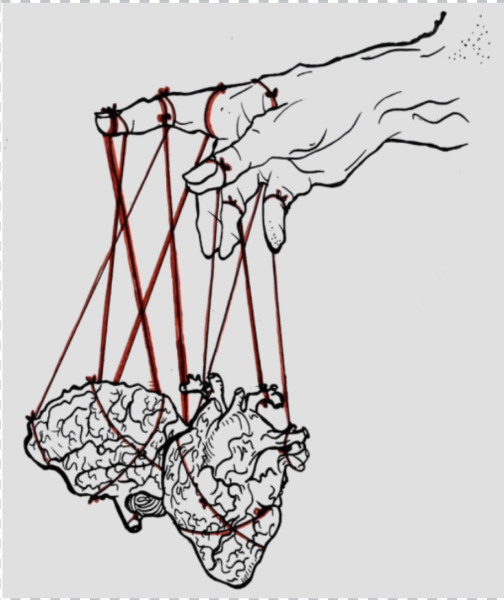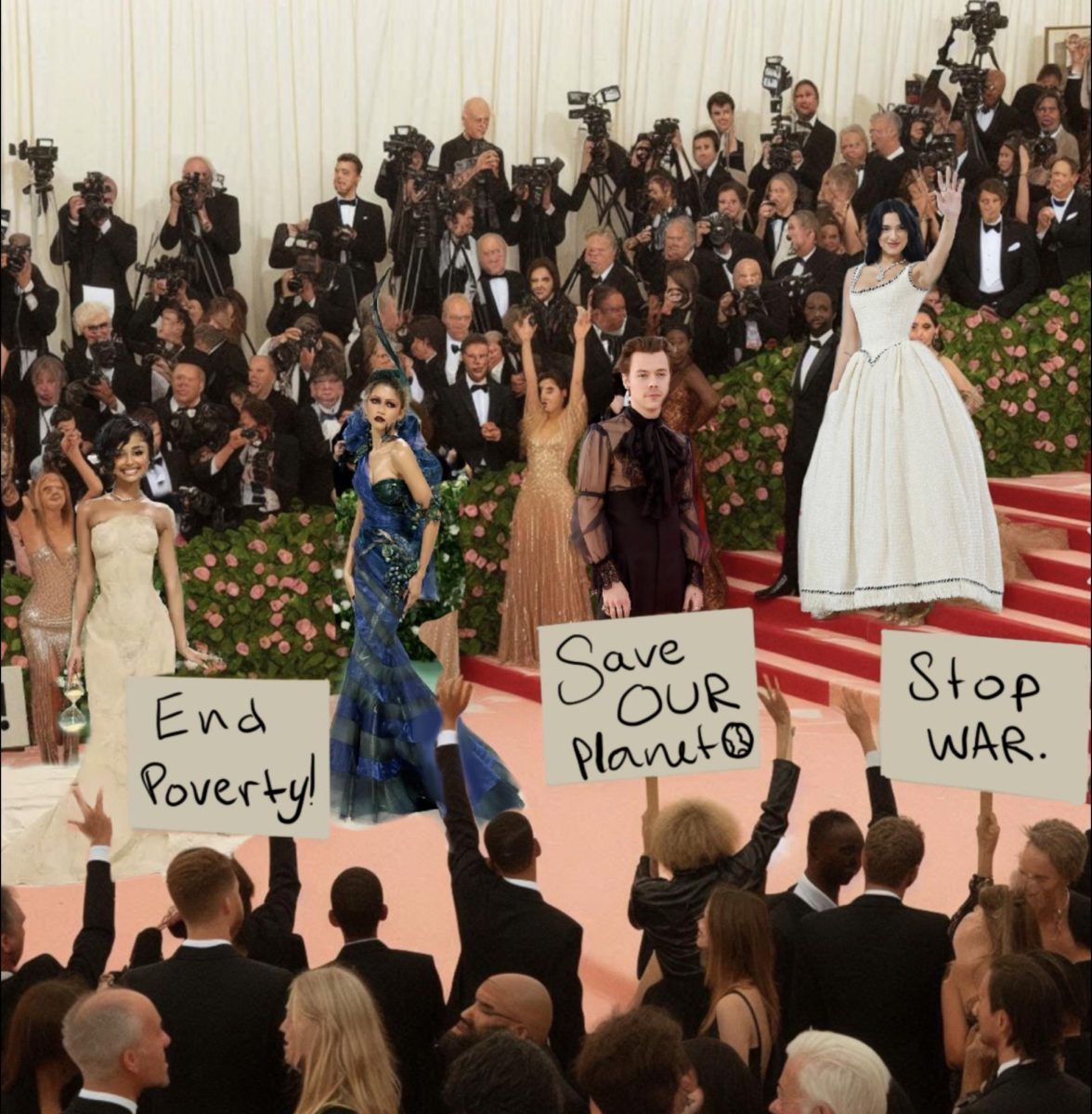The Eurovision 2025 final was one of the best – both vocally and in terms of choreography – according to professionals and the public. Not only this, but the close voting at the end not only kept viewers glued to their screens, but also sparked some controversy about the votes transparency.
The 69th edition of Eurovision was full of drama, with joy and deceptions for both concurants, and spectators. This year’s Eurovision had controversial finishing positions, intense vocal performance, and lots of good choreography. All together, both the Grand finals, and the 2 semifinals were full of action despite a lower number of participants than usual.
One of the biggest highlights of the night was the Austrian victory, a triumphant return to the top, after 7 years of not being in the top 10, and over 10 years since their last victory. The singer’s mastered voice, high notes, and a very polished production stunned the jury and the public. This Resulted in JJ, the singer, raising the crystal trophy at the end of the spectacle.
But not everyone’s result reflected their popularity or performance. Fans of Melody were left disappointed as the act landed far lower on the scoreboard than expected, 24th out of ??. Melody’s performance had everything to win the contest:strong vocals, good choreography, risky acrobatics, and a designer’s outfit. Even the song was catchy, and simple to learn.
One of the main speculations, after some comments from Melody, is that the declarations from RTVE(Spanish television) and the Spanish president, Pedro Sanchez, might have been detrimental for the Spanish candidature, because of his comments about Israel. He openly said that it “…should be excluded, as Russia was, from International Competitions”, even after Eurovision claimed that they are “apolitical” and that there “will be sanctions” if they kept defaming Yuval Raphel, the Israeli singer, who had “no say” in what was happening in the Middle East.
She was, in fact, a survivor of an attack on the 7th of October. Back there, Raphel sheltered in a bunker which was destroyed by grenades. She, being injured by the shrapnels, still was able to survive by faking death under other dead bodies, staying there approximately 8 hours before being rescued by the Israeli Army. In retaliation to the President’s comments, the Spanish people gave their 12 points (maximum possible per country in Eurovision) to Raphel.
Fueling the post-show debate were Ukraine and Albania, who secured surprisingly high placements. While both delivered solid performances, many fans and commentators questioned whether they truly earned such elevated rankings, saying that they were unjustly high placed, higher than other stronger vocally, or more complete entries and artists.
Adding to the unique feel of this year’s show was the low number of participating countries. With several regulars sitting out and others failing to go due to economic challenges, the contest had a more intimate, yet less global, atmosphere. While this made for a smoother-running show, many fans noted the absence of certain countries that usually bring strong competition and diversity.
What truly kept everyone glued to their screens, however, was the tight race to the top. As the points rolled in, it became clear that several countries were in contention until the very last moment. The close finishing positions created one of the most suspenseful finales in recent Eurovision memory, with Austria ultimately pulling ahead by a slim margin.
All in all, Eurovision 2025 was a whirlwind of emotions, unpredictability, and passionate debate – exactly what fans have come to love about the world’s biggest song contest.



